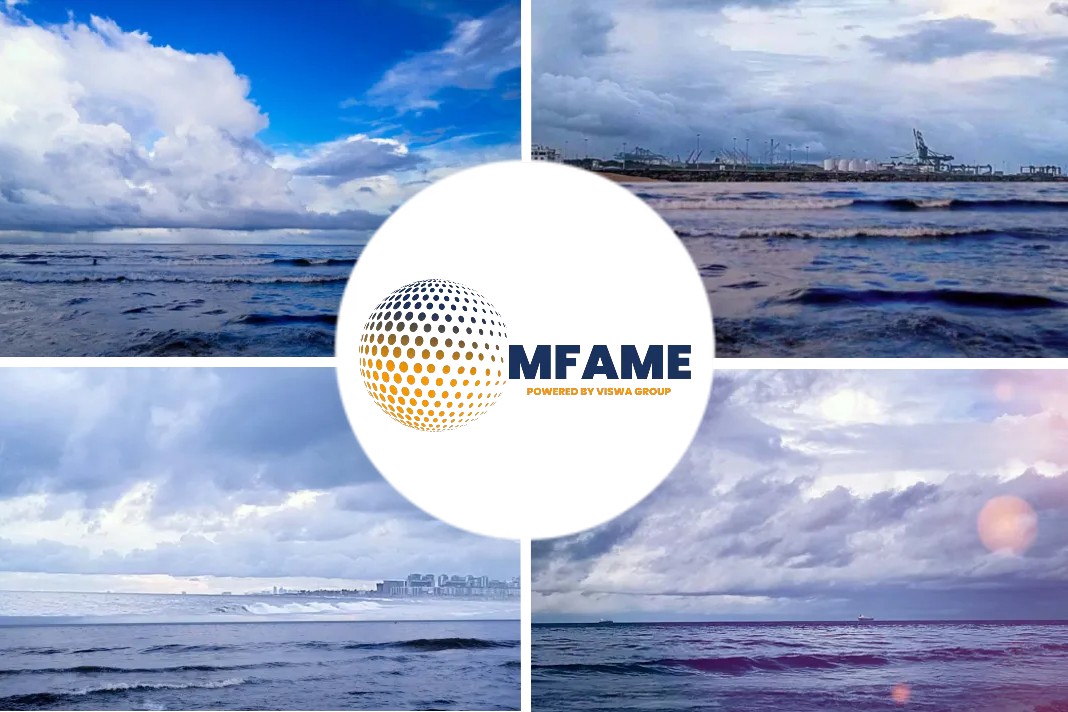
- The Medical Association says it is suspicious how some patients go from doctor to doctor asking for drugs.
- Doctors noticed ‘strange’ requests after quarantine-free travel with mainland China resumed this month.
- To prevent the illegal resale of the drugs, public hospital pharmacies began removing the medicines from their packaging before dispensing them to patients.
Some people in Hong Kong have been acting suspiciously to get their hands on Covid-19 antiviral drugs, the Post has learned, with one person going to six doctors in a single day asking for the same medicine.
Antiviral rampage
The Hong Kong Medical Association confirmed it received “a handful” of reports from private doctors earlier this month about people asking for the two registered antivirals available in the city, Pfizer’s Paxlovid and MSD’s molnupiravir.
“It’s really strange. There is clearly a problem when someone goes to six different doctors on the same day for the same medication, Paxlovid,” said the association’s vice-president Dr Victor Yeung Hip-wo.
The association also revealed that some individuals asked doctors for medicines on behalf of several others by claiming that they all lived in the same household, even though they had different surnam.
Suspicious behavior
Doctors noticed the suspicious behavior soon after Hong Kong resumed quarantine-free travel with mainland China on January 8.
The Pfizer drug is not easily available on the mainland, which had a spike in infections last month. Molnupiravir only became available there this month.
Hong Kong residents can obtain both antivirals free of charge at public hospitals, clinics and specific private practices after consulting a doctor.
Non-local residents can only get the medicines at private hospitals or clinics, paying more than HK$6,000 (US$766) for each course of treatment.
Possible loophole
Yeung said it was difficult to track suspicious behavior by people collecting medicines at multiple sources over a short period.
He pointed to a possible loophole in the government’s Electronic Health Record Sharing System, the platform used by private and public doctors to access patients’ medical records, as new prescriptions were not updated immediately.
“It is possible that some people made use of this loophole to obtain more drugs,” Yeung said. “As the record is not updated the same day, people can pose as patients to different doctors and collect medicines.”
A few doctors spotted the unusual activity only while reviewing the electronic health record system.
“We don’t know what these people were getting the drugs for,” Yeung said.
Buying multiple medicines
One doctor reported that some patients asked for medicines on behalf of others who had telemedicine consultations.
Yeung said: “There were people with different surnames claiming to be under the same household, obtaining medicines from the same doctor. They sent one person to collect the medicines for six to 10 others.”
Although the doctor “felt really suspicious”, he said, the medicine was dispensed.
Yeung added that it was hard for doctors to tell if all patients were indeed from the same household as patients generally did not have to provide proof of their address.
He did not rule out the possibility that those collecting drugs were part of an organized activity. The association informed the Department of Health and urged it to investigate.
Fixing the loophole
Yeung said the loophole could be plugged by fixing the delay in the electronic health system to allow for instant updating of drug prescription records.
General practitioner Dr. Lam Wing-wo, who is among hundreds of private doctors offering the Covid-19 drugs, said he had not come across any suspicious patients, but agreed that under the current system, it was hard to prevent people from obtaining medicines from several doctors within the same day.
But he added that the patients could be identified if the Department of Health reviewed the records of those who had collected the drugs under suspicious circumstances.
“If they are identified, they’ll be unlikely to do it again,” he said.
Lam said he would also consider asking patients claiming to be Covid-positive to undergo a rapid test at his clinic before handing over drugs to them.
Covid antiviral demand spike
The Post has contacted the Health Bureau for comment.
Earlier this month, the Post found people willing to pay HK$700 to HK$4,800 for the two antivirals on the second-hand goods platform Carousell.
A check on Friday found those posts were no longer on Carousell, but there were similar posts on another second-hand goods website, DCFever.
Demand for the Covid-19 medicines, including generic versions made in India, shot up on the mainland after infections spiked last month.
Hong Kong authorities identified at least 10 cases involving smuggling or illegal sales of the Covid-19 medications earlier this month.
To prevent the illegal resale of the drugs, public hospital pharmacies began removing the medicines from their packaging before dispensing them to patients.
Illegal supply and possession of the Covid-19 drugs without a doctor’s prescription are criminal offences carrying a maximum punishment of a HK$100,000 fine and two years’ jail.
Did you subscribe to our Newsletter?
It’s Free! Click here to Subscribe.
Source: SCMP
















